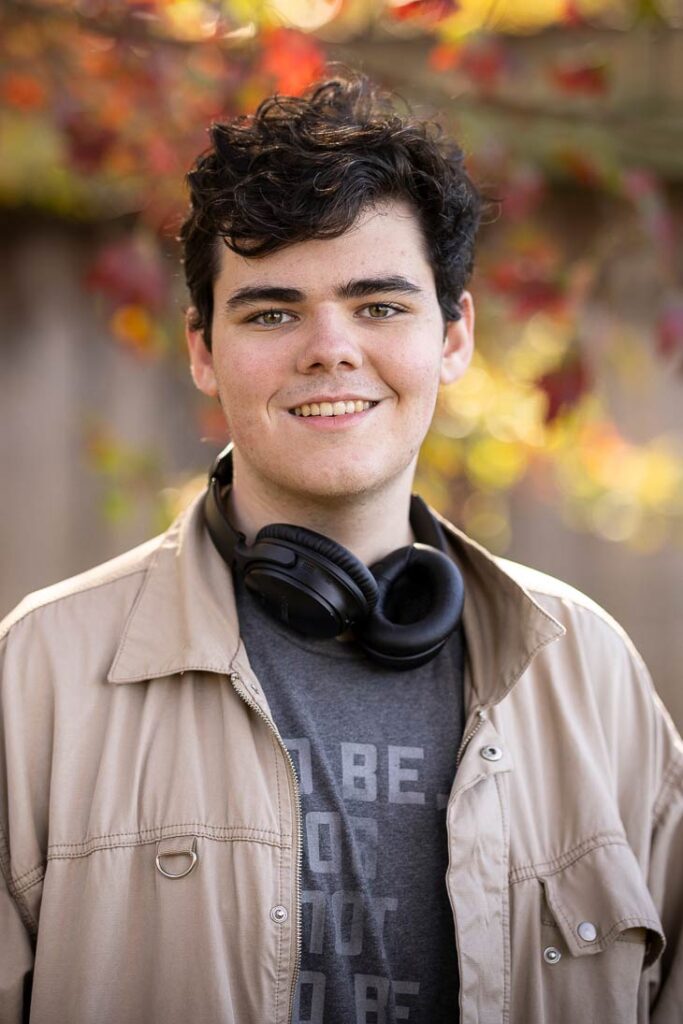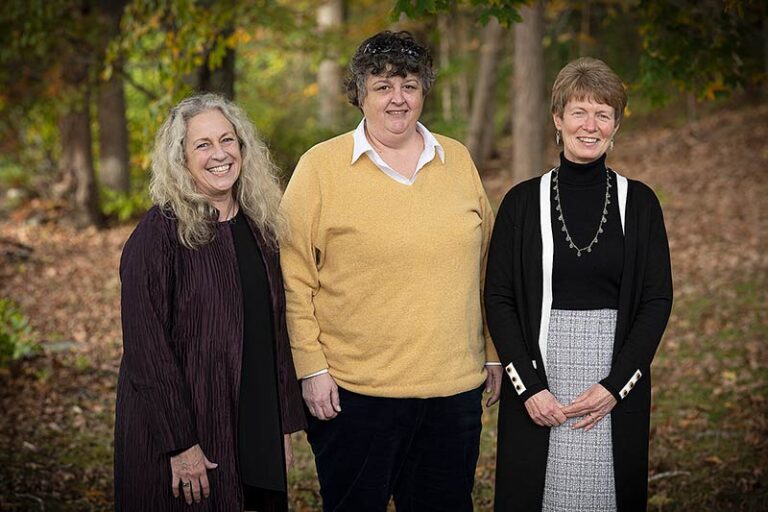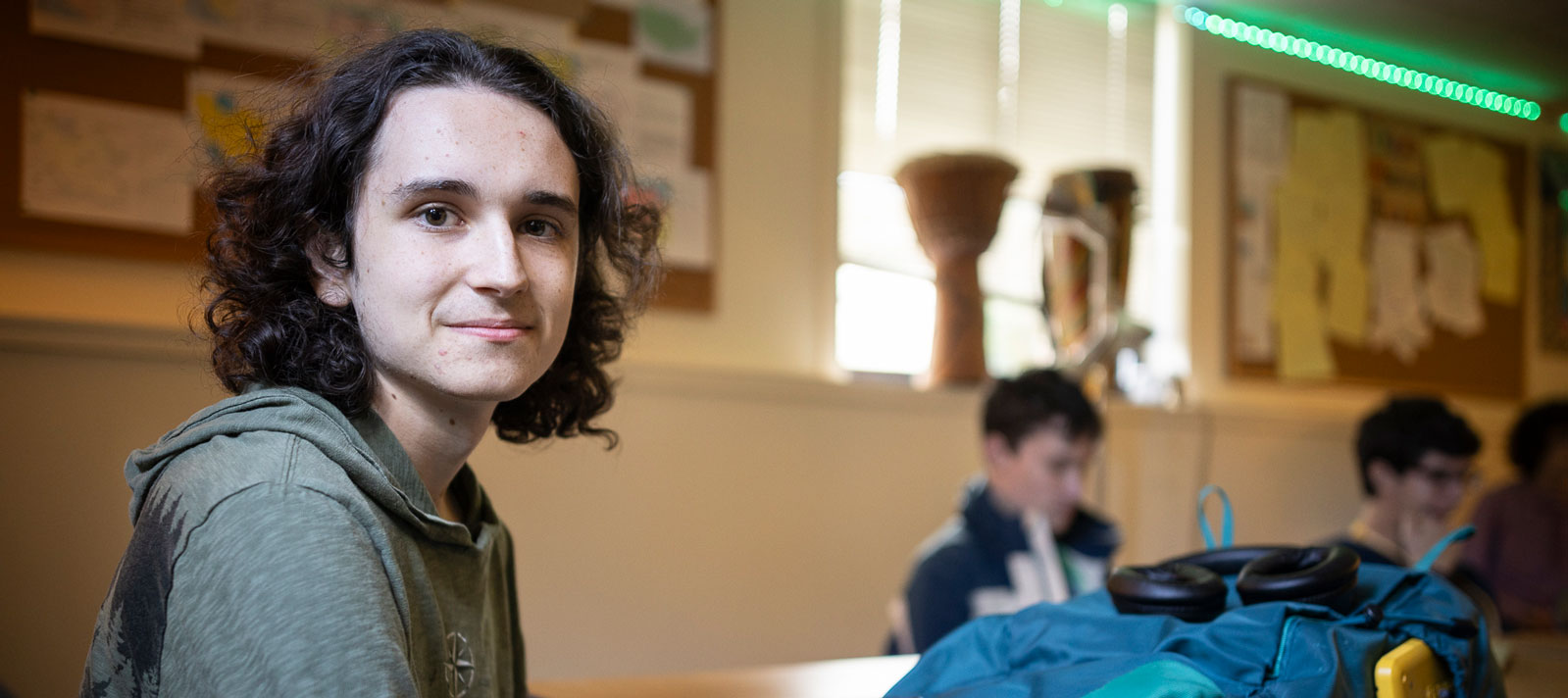
About
Franklin Academy has been celebrating the unique minds of the students we serve long before it was in vogue. We believe that with the right foundation, these young people will be empowered to use their distinctive take on the world to do great things. The key is an intentional approach, developed by dedicated, caring educators, proven over time.
We start with belonging: You are part of a tribe. You are cared about. You matter. Once students buy into that, we work to give them the skills to harness their gifts and use them effectively in the world. The key is to help students understand how their brains work and to give them tangible skills to help use them well.
Students Who Thrive at Franklin
Franklin encourages students to know themselves. You develop pride in your identity and graduate with a greater understanding of how you learn. Students’ strengths may include strong reading decoding skills, good memory, detail orientedness, focus, advanced verbal skills and sophisticated vocabulary, heightened auditory perception, honesty, a keen sense of fairness and social justice, an expert knowledge in areas of special interest, and a unique sense of humor. Students also develop the skills to overcome or compensate for challenges that can include reading comprehension, rigid thinking, understanding social norms and nuance, producing written work, tolerating frustration, ability to transition, sustaining attention on tasks or in communication, organizing tasks, time, and thought.
Who We Serve
Our students may have a diagnosis or self-identify as being on the autism spectrum (level 1, formerly Asperger’s, what doctors like to call “high-functioning”), having a nonverbal learning disability, a social pragmatic communication disorder, anxiety, attention deficit hyperactivity disorder, dyslexia, dysgraphia, dyscalculia, or executive functioning challenges. You’re in good company: Dan Ackroyd, Darryl Hannah, Henry Winkler, and Jerry Seinfeld have spoken publicly about their diagnoses. Observers believe Albert Einstein, Emily Dickinson, and Bill Gates might be in the club, too. You might be a person who benefits from support with organization, planning, and time management, social pragmatics, inference, abstraction, understanding social nuances, and self-care and self-advocacy.
What Makes Franklin Different
Franklin encourages students to know themselves. You develop pride in your identity and graduate understanding what makes them tick differently. Students’ strengths may include strong reading decoding skills, good memory, detail orientedness, focus, advanced verbal skills and sophisticated vocabulary, heightened auditory perception, honesty, a keen sense of fairness and social justice, an expert knowledge in areas of special interest, and a unique sense of humor. Students also develop the skills to overcome or compensate for challenges that can include reading comprehension, rigid thinking, seeing the big picture, understanding social norms and nuance, producing written work, tolerating frustration, sensitivity to touch, sound, smell, and taste, ability to transition, adapting to novel situations, noticing details (but only when they matter!), avoiding careless mistakes, sustaining attention on tasks or in communication, organizing tasks, time, and thoughts, keeping track of possessions, avoiding distractions, managing impulsivity, regulating emotions, and adapting.
Franklin Academy is not an appropriate fit for students presenting with a primary emotional or behavioral disorder, using illegal substances, displaying repetitive behavioral outbursts, who are physically aggressive or who are engaging in self-harm.
Here kids get to be themselves. At this sweet little school, my daughter got to have an extraordinary high school experience.
— Michele, Alumni Parent
The Journey Through Franklin
Teams are at the heart of our school. They give us a stable home base. Our grades are split into two “forms,” a term for a grouping of students and faculty that enables us to develop a deeper sense of community.
- 1st Form (8th-10th grade students)
- 2nd (11th-12th grade students)
- Franklin Senior Experience (Franklin Learning Institute)
A team of adults coordinate the program for each student. The relationships with these faculty are deep and meaningful. Parents, too, are an essential part of the team. We all collaborate to develop a vision of what each student’s journey through Franklin and beyond will be, including setting goals and establishing a timeline.
Our thoughtful schedule is deliberately designed to work for our students. Short focused five-week terms or “Quints” are interspersed with an intersession and a February learning immersion program.
Keys to Our Approach
- Meeting you where you are.
- Gradually increasing your independence.
- Fostering a growth mindset.
- Intentionally small class sizes.
- Helping you understand your learning profile
- Teaching you how to make good decisions for yourself.
- Tying together academic, residential and social/emotional aspects of the curriculum.
- Project-based learning.
- Partnering with parents.
Our program is like its own IEP. Accommodations and modifications that you might have fought for in other settings are integrated here. Some examples might include:
- Extended testing time
- Use of a word processor for writing assignments
- Repeated exposure to information, especially key points and main ideas
- Written/recorded lecture notes provided upon request
Rhythms, Routines, Traditions
Everyone benefits from events throughout the day and the year to keep us grounded. That is especially true for neurodiverse people, who thrive on routines. Here is just a sampling of the things student look forward to at Franklin:
- Community Meeting: a daily touchstone. Students, teachers and administrators come together to hear announcements, offer affirmations, hash through issues, make decisions, and serenade those celebrating birthdays.
- Greater Franklin Open: An annual fall event. We take a Friday off from classes to build a nine-hole mini-golf course (practicing decision-making, creativity, and collaboration!). At stake is the coveted GFO jacket awarded to each member of the winning team.
- Spirit Week: A fun January tradition. Win points for obligations like attending meetings, meals, and activities and reinforce our community bonds through spirit days (think silly socks and favorite t-shirts).
- Halfway Day: The midpoint of the school year. In the midst of snow and cold we look ahead to spring! Want a half donut, anyone?
- Pi Day: A perfect celebration for our unique community. Includes Pi trivia, pin the Pi on the teacher and the recitation from memory of the digits of Pi. Can you beat 1,388 digits?
- The All-School Prom: A celebration for everyone. Get ready with dance lessons and seminars on dinner etiquette. The dance floor is always full.
Belonging Comes First
Franklin’s motto is Belong, Grow, Succeed. Every person at Franklin knows you need the first piece to move beyond that. Each piece of the program — from dorms and classes to clubs and special events — is designed to foster a safe, respectful, welcoming community. For some students this is the first place they have ever felt included. You are with your people. It feels like home.
There's this sort of magic sauce. It is a place where students can finally belong.
— William Petty ’10, now a counselor at Franklin Academy
Creating a Different Kind of Community
At Franklin, everyone belongs. It starts with a warm welcome from other students when you first tour. It continues with “speed friending” at the start of the year, giving students a chance for two-minute conversations to spark connections. It grows deeper in dorms, clubs, and classrooms where students practice social interactions by having them. Make a mistake? No worries — a nearby educator can give guidance and you can try again. Each interaction is designed to help students learn to have strong, healthy, productive friendships.
I can still remember those initial interactions. It just was phenomenal how nice and excited everyone was to talk to me and be friendly.
— Royce Manifold ’13, now a residential dean at Franklin Academy
Honoring All Kinds of Diversity
Franklin was built on diversity. Neurodiversity is a shared point of connection that brings everyone at Franklin together. But other kinds of differences matter here, too. Students (and faculty!) are encouraged to live who you are and why that matters. That might mean sharing preferred pronouns with your classmates, telling others about religious or ethnic holidays and traditions, or looking at what it means to identify as female or be a member of an underrepresented group.
The annual Diversity Fair is just one tangible example of where this happens. Students celebrate differences of race, culture, nationality, gender, sexual orientation, religion, and ethnicity. Afterwards, each student team discusses the experience and processes what you learned.
Empowered for the Future
What Franklin Does
We are different because our approach is unique and holistic. We view the neurology of our students as integral and valuable to who you are. We teach you to not just accept, but embrace your identity. You learn to understand what it means for you as a student, a friend, and a community member.
Classroom performance doesn’t exist in a silo. It cannot be separated from building social connections or from helping a student understand who you are. Our students learn they have gifts to offer and how you can do that well.
Our approach has been honed over decades as the pioneers and experts in this niche. And like our students, we continue to grow and improve. Constant innovation is at the heart of our approach.
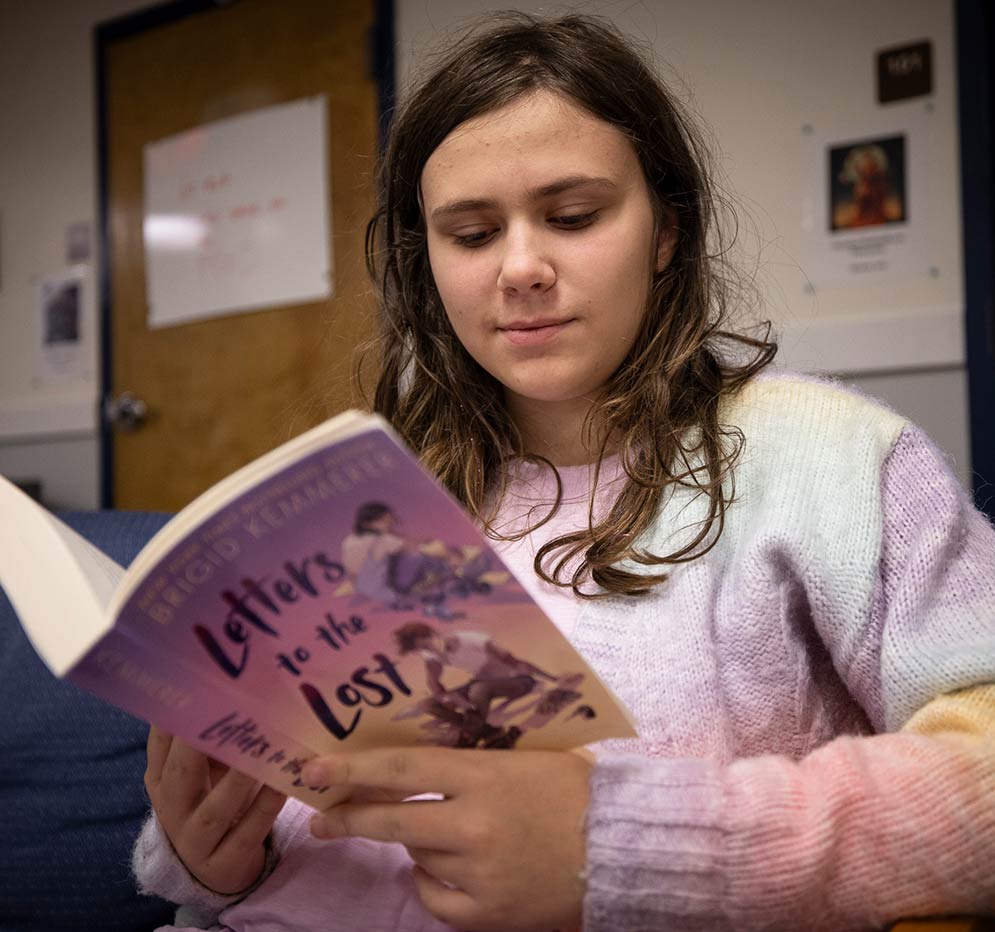
Mission Statement
Franklin Academy creates a community-focused boarding and day school where students with unique learning styles develop and strengthen academic and social competencies vital to the pursuit of college goals, professional aspirations, and fulfilling lives.
To fulfill this mission:
Students belong to a school community where you feel safe, connected, understood, and supported.
Students grow into independent, responsible young adults ready to pursue your interests and passions.
Alumni succeed because you understand your own strengths and challenges, are able to self-advocate, and have the skills necessary to move ahead as life-long learners.
Code of Conduct
Franklin Academy's Code of Conduct States the Following:
We respect each other.
We are honest.
We resolve our conflicts non-violently.
We show respect for differences.
We take care of ourselves.
We take care of each other.
We take care of Franklin Academy.
We take care of the world.
Accreditation
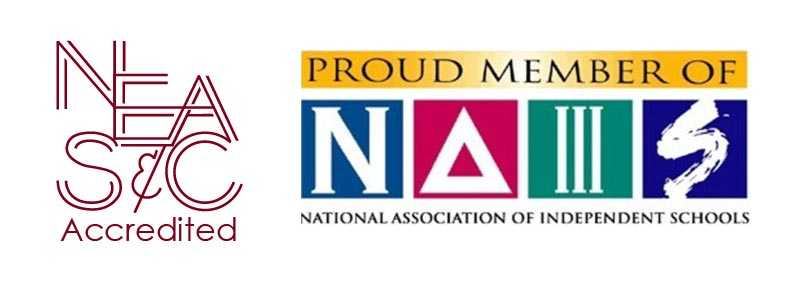
Franklin Academy is accredited by the New England Association of Schools and Colleges. Accreditation means that our school meets the criteria for those standards of excellence by which the “educational community assures the high quality of each member school.” NEASC commends Franklin Academy for creating an academic program and residential community that completely matches its mission. Additionally, Franklin Academy is a member of the National Association of Independent Schools, comprising the best private independent schools in the country.
Leadership Team
Cabinet
- Alexander Morris-Wood, Head of School
- Sara Gould, Dean of Academic Affairs
- Josh Acocella-Stollerman, Dean of Campus Wellness & Student Development
- Lee Barsom, Director of School Operations
- Chelsea Lazos, Dean of Students
- Cindy Pope, Dean of Enrollment Management & Strategic Initiatives
- Kinsley Rausch-Dudzic, Dean of Advancement & Alumni Relations
Board of Trustees
- Belinda Brennan: Chair (P’10, P’17)
- Robert Sherlock: Vice-Chair
- Norma Fox: Treasurer
- Beatrice Alda: Secretary (P’18)
- Nancy Altschuler
- Bruce Dutch
- Jodi Glou
- Denise Mann
- Michele Petryk (P’17)
- Henry Schreiber
- Fong Wang (P’18)
- David Young
Students Who Thrive at Franklin
Franklin encourages students to know themselves. You develop pride in your identity and graduate with a greater understanding of how you learn. Students’ strengths may include strong reading decoding skills, good memory, detail orientedness, focus, advanced verbal skills and sophisticated vocabulary, heightened auditory perception, honesty, a keen sense of fairness and social justice, an expert knowledge in areas of special interest, and a unique sense of humor. Students also develop the skills to overcome or compensate for challenges that can include reading comprehension, rigid thinking, understanding social norms and nuance, producing written work, tolerating frustration, ability to transition, sustaining attention on tasks or in communication, organizing tasks, time, and thought.
Who We Serve
Our students may have a diagnosis or self-identify as being on the autism spectrum (level 1, formerly Asperger’s, what doctors like to call “high-functioning”), having a nonverbal learning disability, a social pragmatic communication disorder, anxiety, attention deficit hyperactivity disorder, dyslexia, dysgraphia, dyscalculia, or executive functioning challenges. You’re in good company: Dan Ackroyd, Darryl Hannah, Henry Winkler, and Jerry Seinfeld have spoken publicly about their diagnoses. Observers believe Albert Einstein, Emily Dickinson, and Bill Gates might be in the club, too. You might be a person who benefits from support with organization, planning, and time management, social pragmatics, inference, abstraction, understanding social nuances, and self-care and self-advocacy.
What Makes Franklin Different
Franklin encourages students to know themselves. You develop pride in your identity and graduate understanding what makes them tick differently. Students’ strengths may include strong reading decoding skills, good memory, detail orientedness, focus, advanced verbal skills and sophisticated vocabulary, heightened auditory perception, honesty, a keen sense of fairness and social justice, an expert knowledge in areas of special interest, and a unique sense of humor. Students also develop the skills to overcome or compensate for challenges that can include reading comprehension, rigid thinking, seeing the big picture, understanding social norms and nuance, producing written work, tolerating frustration, sensitivity to touch, sound, smell, and taste, ability to transition, adapting to novel situations, noticing details (but only when they matter!), avoiding careless mistakes, sustaining attention on tasks or in communication, organizing tasks, time, and thoughts, keeping track of possessions, avoiding distractions, managing impulsivity, regulating emotions, and adapting.
Franklin Academy is not an appropriate fit for students presenting with a primary emotional or behavioral disorder, using illegal substances, displaying repetitive behavioral outbursts, who are physically aggressive or who are engaging in self-harm.
Here kids get to be themselves. At this sweet little school, my daughter got to have an extraordinary high school experience.
— Michele, Alumni Parent
The Journey Through Franklin
Teams are at the heart of our school. They give us a stable home base. Our grades are split into two “forms,” a term for a grouping of students and faculty that enables us to develop a deeper sense of community.
- 1st Form (8th-10th grade students)
- 2nd (11th-12th grade students)
- Franklin Senior Experience (Franklin Learning Institute)
A team of adults coordinate the program for each student. The relationships with these faculty are deep and meaningful. Parents, too, are an essential part of the team. We all collaborate to develop a vision of what each student’s journey through Franklin and beyond will be, including setting goals and establishing a timeline.
Our thoughtful schedule is deliberately designed to work for our students. Short focused five-week terms or “Quints” are interspersed with an intersession and a February learning immersion program.
Keys to Our Approach
- Meeting you where you are.
- Gradually increasing your independence.
- Fostering a growth mindset.
- Intentionally small class sizes.
- Helping you understand your learning profile
- Teaching you how to make good decisions for yourself.
- Tying together academic, residential and social/emotional aspects of the curriculum.
- Project-based learning.
- Partnering with parents.
Our program is like its own IEP. Accommodations and modifications that you might have fought for in other settings are integrated here. Some examples might include:
- Extended testing time
- Use of a word processor for writing assignments
- Repeated exposure to information, especially key points and main ideas
- Written/recorded lecture notes provided upon request
Rhythms, Routines, Traditions
Everyone benefits from events throughout the day and the year to keep us grounded. That is especially true for neurodiverse people, who thrive on routines. Here is just a sampling of the things student look forward to at Franklin:
- Community Meeting: a daily touchstone. Students, teachers and administrators come together to hear announcements, offer affirmations, hash through issues, make decisions, and serenade those celebrating birthdays.
- Greater Franklin Open: An annual fall event. We take a Friday off from classes to build a nine-hole mini-golf course (practicing decision-making, creativity, and collaboration!). At stake is the coveted GFO jacket awarded to each member of the winning team.
- Spirit Week: A fun January tradition. Win points for obligations like attending meetings, meals, and activities and reinforce our community bonds through spirit days (think silly socks and favorite t-shirts).
- Halfway Day: The midpoint of the school year. In the midst of snow and cold we look ahead to spring! Want a half donut, anyone?
- Pi Day: A perfect celebration for our unique community. Includes Pi trivia, pin the Pi on the teacher and the recitation from memory of the digits of Pi. Can you beat 1,388 digits?
- The All-School Prom: A celebration for everyone. Get ready with dance lessons and seminars on dinner etiquette. The dance floor is always full.
Belonging Comes First
Franklin’s motto is Belong, Grow, Succeed. Every person at Franklin knows you need the first piece to move beyond that. Each piece of the program — from dorms and classes to clubs and special events — is designed to foster a safe, respectful, welcoming community. For some students this is the first place they have ever felt included. You are with your people. It feels like home.
There’s this sort of magic sauce. It is a place where students can finally belong.
— William Petty ’10, now a counselor at Franklin Academy
Creating a Different Kind of Community
At Franklin, everyone belongs. It starts with a warm welcome from other students when you first tour. It continues with “speed friending” at the start of the year, giving students a chance for two-minute conversations to spark connections. It grows deeper in dorms, clubs, and classrooms where students practice social interactions by having them. Make a mistake? No worries — a nearby educator can give guidance and you can try again. Each interaction is designed to help students learn to have strong, healthy, productive friendships.
I can still remember those initial interactions. It just was phenomenal how nice and excited everyone was to talk to me and be friendly.
— Royce Manifold ’13, now a residential dean at Franklin Academy
Honoring All Kinds of Diversity
Franklin was built on diversity. Neurodiversity is a shared point of connection that brings everyone at Franklin together. But other kinds of differences matter here, too. Students (and faculty!) are encouraged to live who you are and why that matters. That might mean sharing preferred pronouns with your classmates, telling others about religious or ethnic holidays and traditions, or looking at what it means to identify as female or be a member of an underrepresented group.
The annual Diversity Fair is just one tangible example of where this happens. Students celebrate differences of race, culture, nationality, gender, sexual orientation, religion, and ethnicity. Afterwards, each student team discusses the experience and processes what you learned.
Empowered for the Future
What Franklin Does
We are different because our approach is unique and holistic. We view the neurology of our students as integral and valuable to who you are. We teach you to not just accept, but embrace your identity. You learn to understand what it means for you as a student, a friend, and a community member.
Classroom performance doesn’t exist in a silo. It cannot be separated from building social connections or from helping a student understand who you are. Our students learn they have gifts to offer and how you can do that well.
Our approach has been honed over decades as the pioneers and experts in this niche. And like our students, we continue to grow and improve. Constant innovation is at the heart of our approach.

Mission Statement
Franklin Academy creates a community-focused boarding and day school where students with unique learning styles develop and strengthen academic and social competencies vital to the pursuit of college goals, professional aspirations, and fulfilling lives.
To fulfill this mission:
Students belong to a school community where you feel safe, connected, understood, and supported.
Students grow into independent, responsible young adults ready to pursue your interests and passions.
Alumni succeed because you understand your own strengths and challenges, are able to self-advocate, and have the skills necessary to move ahead as life-long learners.
Code of Conduct
Franklin Academy’s Code of Conduct States the Following:
We respect each other.
We are honest.
We resolve our conflicts non-violently.
We show respect for differences.
We take care of ourselves.
We take care of each other.
We take care of Franklin Academy.
We take care of the world.
Accreditation

Franklin Academy is accredited by the New England Association of Schools and Colleges. Accreditation means that our school meets the criteria for those standards of excellence by which the “educational community assures the high quality of each member school.” NEASC commends Franklin Academy for creating an academic program and residential community that completely matches its mission. Additionally, Franklin Academy is a member of the National Association of Independent Schools, comprising the best private independent schools in the country.
Leadership Team
Cabinet
- Alexander Morris-Wood, Head of School
- Sara Gould, Dean of Academic Affairs
- Josh Acocella-Stollerman, Dean of Campus Wellness & Student Development
- Lee Barsom, Director of School Operations
- Kristen Humiston, Director of Information Systems & Human Resource Coordinator
- Chelsea Lazos, Dean of Students
- Cindy Pope, Dean of Enrollment Management & Strategic Initiatives
- Kinsley Rausch-Dudzic, Dean of Advancement & Alumni Relations
Board of Trustees
- Belinda Brennan: Chair (P’10, P’17)
- Robert Sherlock: Vice-Chair
- Norma Fox: Treasurer
- Beatrice Alda: Secretary (P’18)
- Nancy Altschuler
- Bruce Dutch
- Jodi Glou
- Denise Mann
- Michele Petryk (P’17)
- Henry Schreiber
- Fong Wang (P’18)
- David Young
